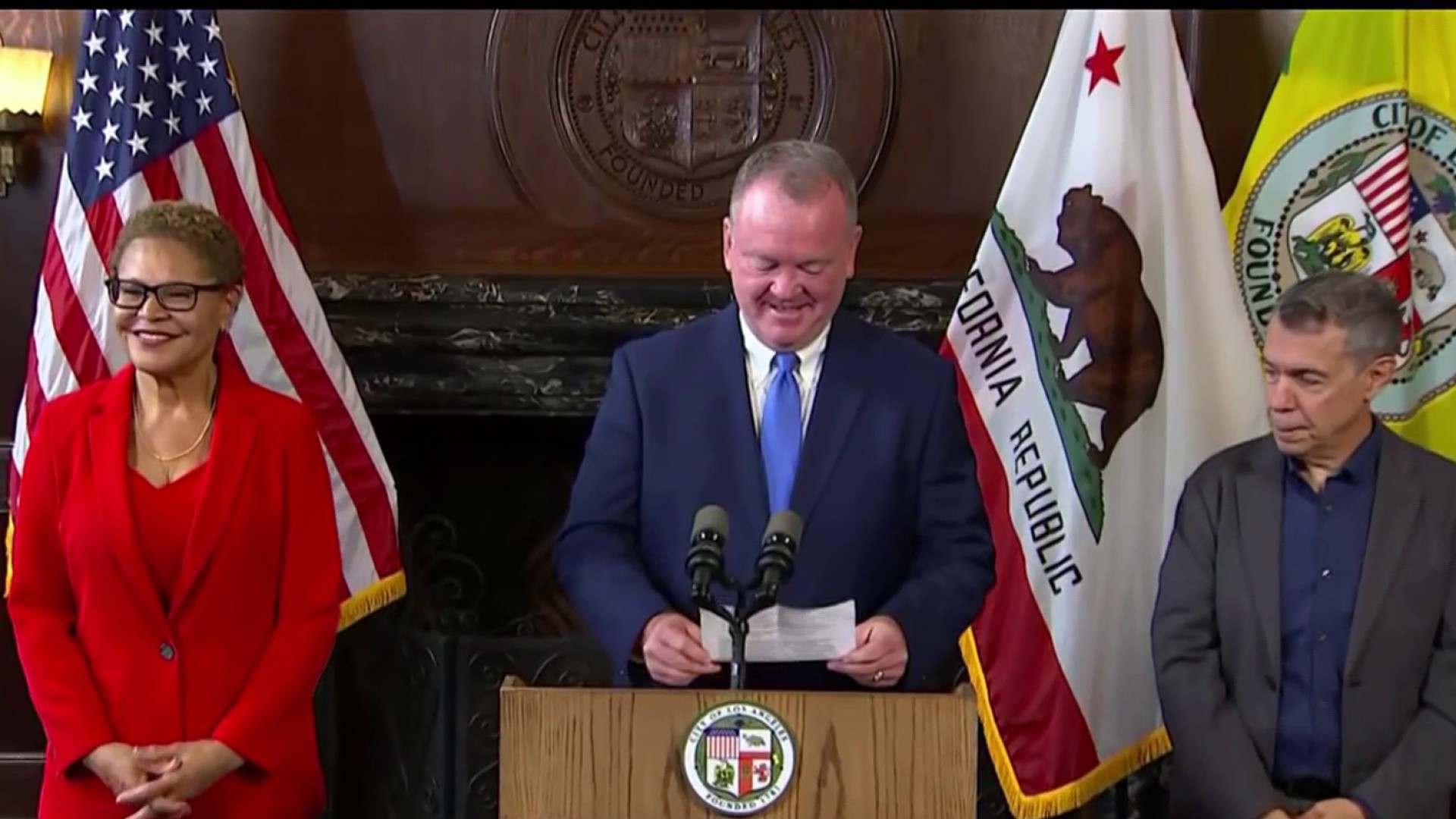So you're developing a nonprofit social venture that could change the world for the better, if only you could get the funding to carry it to the next step.
It could be easing water shortages by expanding capture of rainwater. Or producing career day videos to help schoolkids find their passion. Or maybe even mentoring young people to become entrepreneurs themslves.
You have three minutes to catch the ears of the judges and an audience of potentional contributors and partners.
Welcome to Fast Pitch, returning Wednesday, March 22 at the Skirball Center.
That's the finals. But the annual program organized by the Social Venture Partners of Los Angeles (SVPLA) began months earlier, with coaching of the entrants, helping them to hone their pitches.
The goal is to encourage "a new generation of social entrepreneurs and innovators," said Christine Margiotta, SVPLA's executive director. "And to give that audience a chance to roll up their sleeves and get involved."
Some have likened "Fast Pitch" to TV's "Shark Tank" competition, but the supportive coaching is perhaps more akin to "The Voice."
News
Top news of the day
On Tuesday, the ten finalists and one alternate delivered their presentations in a final prep session with all of the coaches present.
"Give that pitch in three minutes," mused one of the finalists, Cindy Montanez, CEO of TreePeople, pondering the potential to "make an impact for decades."
TreePeople is seeking $1.2 million for a media campaign to encourage the growth of LA StormCatcher, a venture to equip residential properties with cisterns and other technology for capturing rainwater and putting it to use, rather than simply flowing into storm drains.
There are a number of other longstanding and well-known nonprofits in the field, including St. Anne's and Big Brothers Big Sisters of Greater LA, but there are also newer ventures barely out of their infancy, seeking to transition beyond the start-up phase.
Several focus on offering support and greater opportunities to youth growing up disadvantaged or attending lower performing schools.
Now 25, Daquan Oliver founded WeThrive four years ago while still in college in Boston.
"Imagine a world where every youth has a real shot with the resources and skills they need to succeed, with a mentor and support along the way," Oliver said in his pitch.
WeThrive's college undergrad mentors work with middle and high school students.
The lack of career information and guidance in many schools was a call to action for film production and finance executive Michelle Cho.
"How do these kids apsire to careers they've never heard of?" she asks during her presentation. Her response was to found Gladeo, a mashup of gladiator and video, a multimedia resource for career information. Among its outreach programs, Gladeo is video interviewing professionals in a spectrum of fields and building a library accessible online.
Exceptional Minds has established what it describes as an "nonprofit animation and visual arts school and studio for young adults on the autism spectrum," and has had considerable success placing its students and graduates in the film industry. They have created the on-screen closing credits for several major films.
Eighty percent of Exceptional Mind graduates with above moderate functioning skills are employed, executive director Ernie Merlan pointed out in his pitch for funding to allow the program to expand.
The Math Leadership Corp seeks to improve math teaching and learning in collaboration with school districts.
Big Citizen Hub aims to engage young people from middle school through their mid-twenties in social service projects.
Food Finders rescues surplus food from commercial businesses and makes it available to the hungry.
In her presentation for 2nd Call, program director Shanae Polk pulls no punches in describing its work.
"We are effectively developing and transforming those that society throws away," Polk tells her audience, moments after revealing that she herself served 17 years in prison.
Its mission statement describes 2nd Call as a "community based organization designed to save lives, by reducing violence and assisting in the personal development of high risk individuals, proven offenders, ex-felons, parolees and others who society disregards."
Polk's coaches said that with her passion and commitment and experience, her presentation did not need much tuning.
"I think this is a great opportunity -- Fast Pitch -- to get that word out," coach Alicia Lara said.



